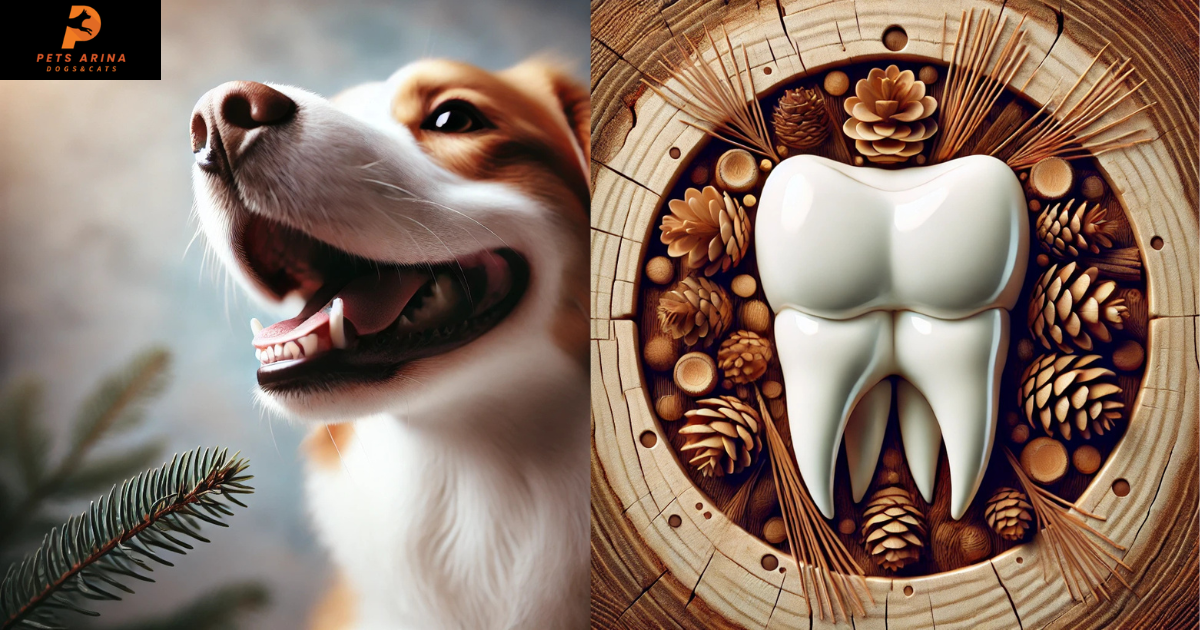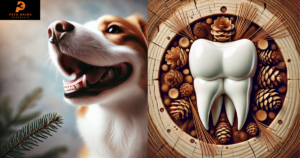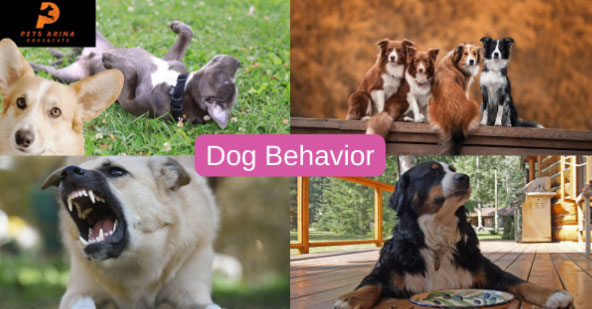Can Pine Bark Clean a Dog’s Teeth? A Vet-Approved Look at Natural Dental Care
Meta Description:
Keeping your furry friend’s pearly whites sparkling isn’t just about aesthetics; it’s crucial for their overall health. Dental disease is incredibly common in dogs, leading to painful infections, organ damage, and even premature death. While regular professional cleanings are essential, many pet owners are exploring natural alternatives to supplement their dog’s dental care routine. One such remedy gaining attention is pine bark extract. But does it really work? Can pine bark effectively clean a dog’s teeth? Let’s dive into the evidence.
Read Also: How to Clean a Kong Dog Bed
Understanding Canine Dental Disease:
Before we explore the potential benefits of pine bark, it’s vital to understand the problem. Bacteria in plaque build up on a dog’s teeth, eventually hardening into tartar. This tartar irritates the gums, leading to gingivitis (gum inflammation) and, if left untreated, periodontitis (infection of the supporting structures of the teeth). Periodontitis can cause tooth loss, jawbone damage, and even spread infection to other organs. Symptoms include bad breath, bleeding gums, loose teeth, and changes in eating habits.
The Allure of Natural Remedies:
Many pet owners are turning to natural remedies like pine bark extract due to concerns about the potential side effects of some commercial dental products. The desire for a gentler, more holistic approach is understandable. However, it’s crucial to remember that effectiveness and safety must be paramount.
Pine Bark Extract: What’s the Hype?
Pine bark extract, specifically containing proanthocyanidins (PACs), boasts potent antioxidant and anti-inflammatory properties. These properties have been studied in human medicine for their potential benefits in cardiovascular health and other conditions. Some proponents suggest that these same properties could benefit canine dental health by combating the inflammation associated with periodontal disease.
Does Pine Bark Clean Teeth? The Scientific Evidence (or Lack Thereof):
While anecdotal evidence exists, there is currently limited scientific research directly supporting the claim that pine bark extract effectively cleans a dog’s teeth or prevents periodontal disease. Most studies focusing on PACs and dental health have been conducted on humans, and extrapolating these results to dogs requires caution. The mechanism by which PACs might affect canine dental plaque is not fully understood.
How to (Potentially) Use Pine Bark Extract for Dog Dental Health:
If you’re considering using pine bark extract for your dog, it’s crucial to consult your veterinarian first. They can assess your dog’s dental health and advise on appropriate usage and potential risks. Some suggest adding a veterinarian-approved pine bark supplement to your dog’s diet, but this should never replace regular brushing and professional dental cleanings.
Safe Alternatives and Effective Dental Care:
While pine bark extract may offer some ancillary benefits, it’s not a substitute for proven dental care methods:
-
Regular Brushing: Daily brushing with a dog-specific toothpaste is essential.
-
Dental Chews: Many vet-approved dental chews can help scrape plaque away. Choose those with the Veterinary Oral Health Council (VOHC) seal of approval.
-
Professional Cleanings: Regular professional dental cleanings under anesthesia are crucial for removing tartar buildup and addressing periodontal disease.
Conclusion:
While pine bark extract possesses beneficial antioxidant and anti-inflammatory properties, its efficacy in cleaning a dog’s teeth and preventing periodontal disease remains unproven. While it might offer some supplementary benefits as part of a comprehensive dental care plan, it should never replace regular brushing, dental chews, and professional dental cleanings. Always consult your veterinarian before introducing any new supplements or treatments into your dog’s routine. Their expertise is invaluable in ensuring your dog’s oral and overall health.
Disclaimer: This blog post is for informational purposes only and does not constitute veterinary advice. Always consult with a qualified veterinarian for any health concerns regarding your pet.















